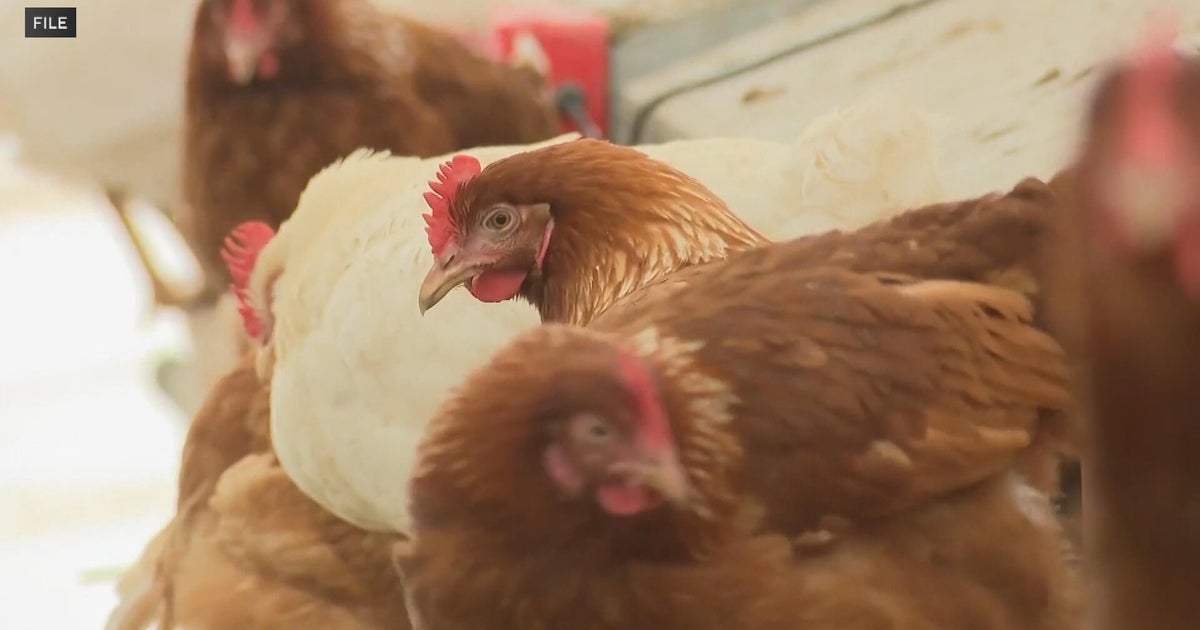Michigan horse tests positive for West Nile virus, first domestic animal case in 2024
(CBS DETROIT) - Michigan's first case of West Nile virus in a domestic animal in 2024 was found in a domestic horse, said state officials Friday.
The Michigan Department of Agriculture and Rural Development says WNV was found in a 3-year-old Percheron colt in Eaton County. The horse was unvaccinated against the virus.
"On July 21, 2024, the horse became ill with a lack of coordination, facial muscle twitches, and being down with an inability to rise. Subsequent testing revealed the animal was positive for WNV," State Veterinarian Dr. Nora Wineland said in a statement. "The key to protecting any domestic animal species from WNV or other mosquito-borne diseases is to safeguard them from mosquitoes and work with your veterinarian to vaccinate as appropriate."
WNV is a mosquito-borne virus. Mosquitoes become infected by the virus by biting an infected bird. An infected mosquito can spread the virus to a human or animal through a bite.
WNV has been detected in several dozen mosquito pools and wild birds across the state, as well as in one human. The human case was found in a Livingston County man who contracted the virus outside of the state and became sick in June.
On Thursday, WNV was confirmed in several birds and a mosquito pool in Oakland County.
How you can protect animals from mosquito-borne illnesses
To protect your animals from mosquito-borne diseases, MDARD recommends the following tips.
- Talk to a veterinarian about vaccinating horses against WNV, Eastern equine encephalitis (EEE), and other mosquito-borne diseases.
- Eliminate standing water i.e., fill in puddles, repair eaves, and change the water in buckets and bowls at least once a day.
- Place livestock in a barn under fans (as mosquitoes are not strong flyers) and pets inside the home during peak mosquito activity from dusk to dawn.
- Use an insect repellant on animals approved for the species.
- Contact a veterinarian if an animal shows signs of illness.
- If a Michigan animal is suspected of having EEE or WNV, funding is available under an arbovirus grant to cover these testing costs. Please contact MDARD at 800-292-3939 for more details.
How you can protect yourself against mosquito-borne viruses
MDARD recommends the following tips to protect you and your family from mosquito-borne illnesses like WNV.
- Apply insect repellents that contain the active ingredient DEET or other EPA-approved products to exposed skin or clothing. Always follow the manufacturer's directions for use.
- Wear light-colored, long-sleeved shirts and long pants when outdoors. Apply insect repellent to clothing to help prevent bites.
- Maintain window and door screening to help keep mosquitoes outside.
- Empty water from mosquito breeding sites around the home, such as buckets, unused kiddie pools, old tires, and other water-holding containers where mosquitoes can lay eggs.







